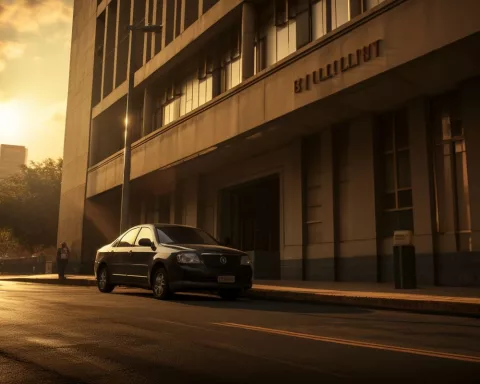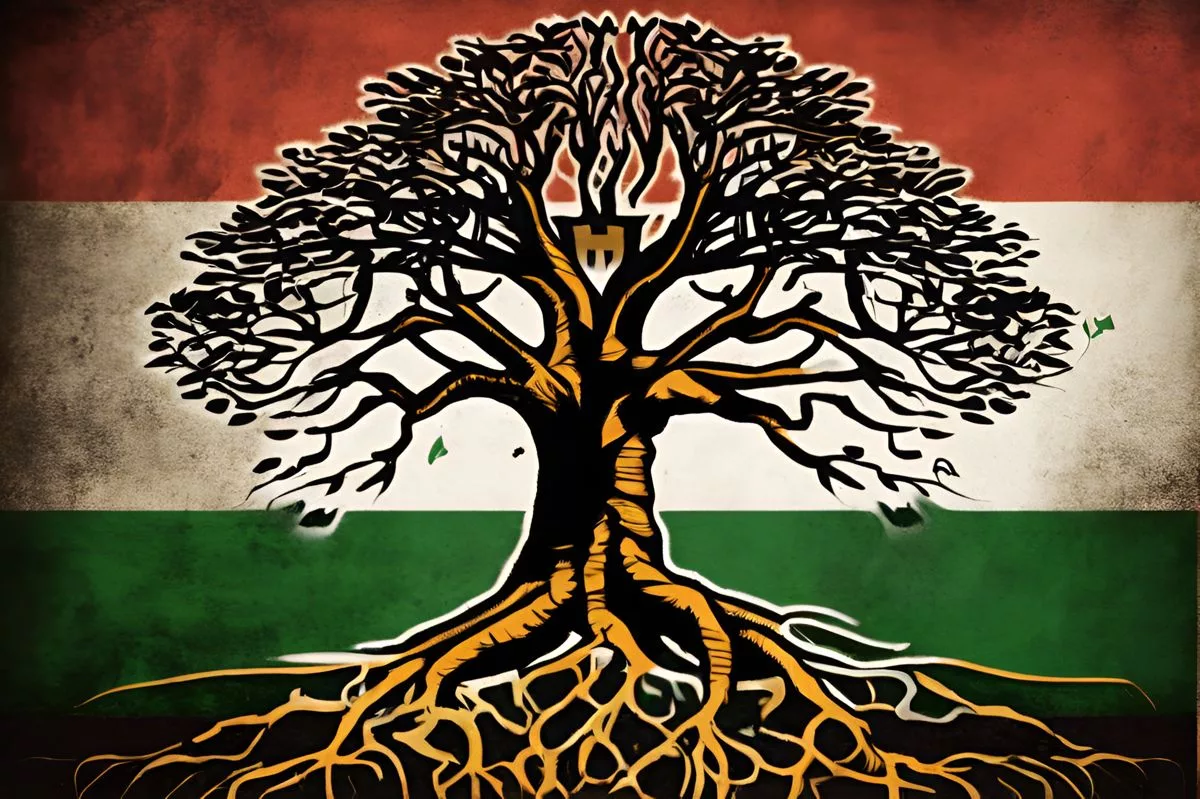The South African Reserve Bank has seized over R60 million in assets and cash from Berdine Odendaal, the partner of the late Markus Jooste, who had profited from Jooste’s ill-acquired wealth. Despite legal battles and appeals, the Reserve Bank forfeited the confiscated assets, illuminating the significant impact of regulatory oversight and ethical business behavior. This serves as a warning to others wielding power, highlighting the significance of ethical behavior in business transactions, and the repercussions that follow breaches of these principles.
The Seizure of Berdine Odendaal’s Assets by the South African Reserve Bank
The South African Reserve Bank has seized over R60 million in assets and cash from Berdine Odendaal, the partner of late Markus Jooste. Odendaal had profited from Jooste’s ill-acquired wealth through 12 loans totaling R60.5 million transferred via his equestrian enterprise, Mayfair Speculators. Despite legal battles and appeals, the Reserve Bank forfeited the confiscated assets, illuminating the significant impact of regulatory oversight and ethical business behavior.
The Seizure of Assets
In an impressive chronicle of affluence, authority, and recompense, the South African Reserve Bank (SARB) has recently taken possession of more than R60 million in assets and cash from Berdine Odendaal, the partner of the late Markus Jooste. The confiscated riches were later surrendered to the state, a notable move that highlights the Bank’s dedication to endorsing financial accountability and honesty.
Jooste, a previously dominant player in the business sphere, met his end by his own hand in March, right as law enforcement was preparing to apprehend him. His demise coincided with the unveiling by the Financial Sector Conduct Authority (FSCA) of the findings of its investigation into the downfall of Steinhoff International Holdings NV. With the remnants of his corporate kingdom still burning, Jooste was posthumously dealt a substantial administrative fine of R475 million.
A Complex Relationship and Its Benefits
Adding a layer of fascination to this story is Jooste’s connection with Berdine Odendaal, and the degree to which she profited from his ill-acquired wealth. According to multiple sources, Jooste had transferred 12 loans to Odendaal, totaling an astonishing R60.5 million, via his equestrian enterprise, Mayfair Speculators.
However, the money did not stay unspent for long. In May 2021, the Reserve Bank, demonstrating its authority, issued a preservation order on the funds. This action triggered a legal battle between Odendaal and the SARB.
In a last-ditch effort to recover some of the funds, Odendaal appealed to the Supreme Court of Appeal (SCA) in February, with the uncommon plea for the SARB to supply her with R150,000 per month for personal expenses. Her application shed light on the extravagant lifestyle she had become used to, with her monthly costs including R70,000 for stabling her polo ponies, R10,000 for beauty treatments, vitamins and cosmetics, R5,000 for apparel, and R4,000 for her domestic help.
Current Status and the Future
Despite the forfeiture of the confiscated assets, Odendaal is far from being impoverished. She owns a residence in Pretoria and a plot at the Mabalingwe Nature Reserve in Limpopo. Nevertheless, the fate of these properties hangs in the balance, with uncertainty as to whether they too will be subjected to the SARB’s seizure scrutiny.
The SARB’s measures in this situation manifest its determination to maintain financial stability and propriety. It serves as a reminder that regardless of how high one might climb, the extensive reach of the law, along with the regulatory oversight of bodies like the SARB, is always looming. And when it eventually catches up, the descent can be just as spectacular as the ascent.
Lessons Learnt and a Warning Issued
This narrative serves as a warning to others wielding power. It highlights the significance of ethical behavior in business transactions, and the repercussions that follow breaches of these principles. In conclusion, the SARB’s resolute action against Odendaal is not merely about recuperating ill-gotten wealth, but also about delivering a potent message: that prosperity gained through questionable means will not go unpunished, and that eventually, justice will prevail.
1. What was seized by the South African Reserve Bank from Berdine Odendaal?
The South African Reserve Bank seized over R60 million in assets and cash from Berdine Odendaal, the partner of the late Markus Jooste.
2. Why did the South African Reserve Bank seize Berdine Odendaal’s assets?
Berdine Odendaal had profited from Markus Jooste’s ill-acquired wealth through 12 loans totaling R60.5 million transferred via his equestrian enterprise, Mayfair Speculators. The Reserve Bank seized the assets as a result of this.
3. Did Berdine Odendaal appeal the seizure of her assets by the South African Reserve Bank?
Yes, Berdine Odendaal appealed to the Supreme Court of Appeal (SCA) in February, with the uncommon plea for the SARB to supply her with R150,000 per month for personal expenses.
4. Is Berdine Odendaal’s personal property safe from seizure?
The fate of Berdine Odendaal’s properties, including her residence in Pretoria and a plot at the Mabalingwe Nature Reserve in Limpopo, hangs in the balance, with uncertainty as to whether they too will be subjected to the SARB’s seizure scrutiny.
5. What lesson can be learned from the story of Berdine Odendaal and the South African Reserve Bank?
The story serves as a warning to others wielding power and highlights the significance of ethical behavior in business transactions, and the repercussions that follow breaches of these principles.
6. Why did Markus Jooste receive a fine of R475 million after his death?
Markus Jooste was posthumously dealt a substantial administrative fine of R475 million, following the unveiling by the Financial Sector Conduct Authority (FSCA) of the findings of its investigation into the downfall of Steinhoff International Holdings NV.










